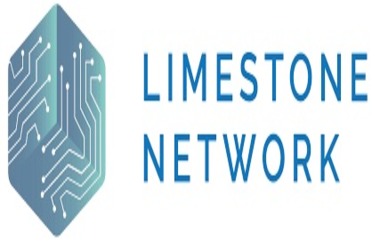 Singapore headquartered blockchain venture Limestone Network, involved in developing smart cities, is planning to list is native crypto LIMEX on Bitrue cryptocurrency exchange.
Singapore headquartered blockchain venture Limestone Network, involved in developing smart cities, is planning to list is native crypto LIMEX on Bitrue cryptocurrency exchange.
In this regard, LIMEX will coalesce all smart city apps, including retail malls, property administration, financial services, remittance, freight movement, parking, entertainment and F&B to establish a smart urban environment.
Limestone Network is already working on a 100-hectare private development venture in Phnom Penh, Cambodia’s capital. The project aims to have 10,000 residents and a floating population of 190,000 people upon opening of the smart city.
Limestone Network has implemented blockchain technology to facilitate data collection from residents’ walk of life and distributing without breaching consumer privacy. They also anticipate providing extensive knowledge of the city’s operations, including vehicular traffic, water and power usage, travel of inhabitants.
The venture intends to contain third-party associates such as ride-hailing apps, financial organizations and telecommunication firms to reinforce the environment soon after.
The venture intends to encompass intermediates in the form of telcos, ride-hailing apps and financial organizations to intensify the environment in the future. Limestone, a network requiring permission for access, permits clients to handle approval of data and utilization.
Service providers and vendors will able to validate identities of consumers by calling for data through private smart contracts. Eddie Lee, Co-founder and Managing Partner of Limestone Network stated that “The beauty of blockchain is the ability to give power back to consumers.”
Secure info transferability also terminates the necessity for third-parties, for example institutions, between consumers and service providers. The saved expenses can then be handed over to consumers. Limestone also offers a mobile app, which can act as a juncture for residents to enroll for a digital identity.
After the verification of identities by matching with worldwide databases, residents can receive facilities such as electronic payments, microloans, and building admission, among others.
Notably, South Korea’s capital intends to roll out its own cryptocurrency as a step towards the creation of a blockchain powered smart city. China has also unveiled a custom built blockchain-based identification platform for its smart city framework.








